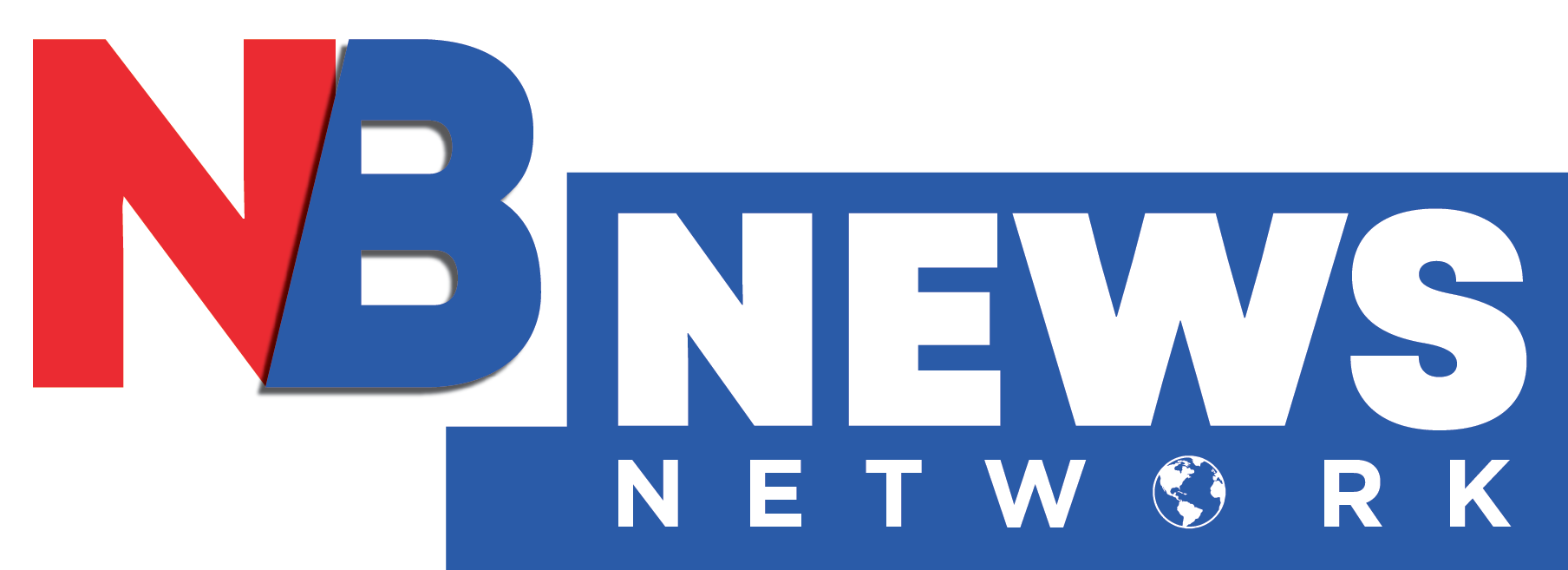In a dramatic turn of events that has shaken the tech world and political landscape alike, Sarah Wynn-Williams, a former top executive at Meta, has leveled grave allegations against the social media giant. Her explosive testimony during a congressional hearing led by Senator Josh Hawley has brought Meta’s global operations, particularly its alleged ties with China, under intense scrutiny.
Sarah Wynn-Williams, who once held a senior role in Meta’s public policy division, accused the company of “working hand in glove with Beijing.” According to her testimony, Meta executives actively allowed the Chinese Communist Party (CCP) access to user data—including data of American citizens. More alarmingly, she claimed the company partnered with Chinese entities to develop artificial intelligence tools capable of influencing and controlling online content.
“I saw Meta executives repeatedly undermine U.S. national security and betray American values,” Wynn-Williams declared, as per CBS News. She portrayed a company that, while publicly advocating for free speech and national interests, was allegedly operating behind closed doors to strengthen business relations with China—even at the expense of American security.
Censorship Tools and the Zuckerberg Paradox
Wynn-Williams didn’t hold back when addressing Meta CEO Mark Zuckerberg directly. She accused him of developing censorship tools in collaboration with Chinese authorities. In a scathing remark, she said, “The greatest trick Mark Zuckerberg ever pulled was wrapping the American flag around himself and calling himself a patriot, while he spent the last decade building an $18 billion business in China.”
This accusation paints a stark contrast between Zuckerberg’s public stance—where he has repeatedly asserted that Meta does not offer services in China—and what Wynn-Williams alleges were private efforts to court the Chinese market.
Also check:- Are Cheaper Gadgets Around the Corner? India’s New ECMS Scheme Could Be a Game Changer
Meta’s Firm Denial
In response, Meta has strongly denied all such allegations. The company reiterated that it does not operate in China and emphasized that Zuckerberg has always been transparent about his interest in expanding Meta’s presence in the Chinese market. A company spokesperson stated, “These claims are false and misleading. Meta has no operations in China and takes user privacy and national security very seriously.”
The company also addressed another contentious point in Wynn-Williams’ testimony: a supposed USD 50,000 fine for speaking out. Meta clarified that this figure pertained to any violation of her separation agreement, not to her congressional testimony, which is legally protected under whistleblower laws.
The Llama Controversy
Among the more technical allegations was Wynn-Williams’ claim that Meta’s Llama AI model had been used by DeepSeek, a Chinese AI company, for development purposes. If true, this would represent a significant breach of export control protocols and raise broader concerns about the accessibility of American AI advancements to foreign governments.
Given the strategic importance of artificial intelligence in both commercial and military spheres, such an allegation could prompt further investigation not only into Meta but also into regulatory oversight of open-source AI models.
Political and Public Repercussions
These revelations have sparked renewed interest in the broader conversation about Big Tech’s role in geopolitics. Senator Josh Hawley, who led the congressional hearing, is already a vocal critic of major tech firms. He indicated that further hearings and investigations could follow, especially if additional whistleblowers come forward.
The public, too, is watching closely. In an era where trust in tech companies is already fragile—thanks to numerous privacy scandals, misinformation campaigns, and political bias accusations—Wynn-Williams’ testimony adds more fuel to the fire.
This incident is not isolated. Tech companies have increasingly come under fire for the way they manage global partnerships and data privacy. With AI becoming a geopolitical asset, the collaboration between U.S. tech firms and foreign governments—especially those with conflicting ideologies—is drawing intense scrutiny.
The Meta case, if proven true, could become a textbook example of how business ambitions can collide with national interests. It also raises questions about the effectiveness of current laws and regulations in safeguarding American technologies and citizen data.
What Happens Next?
While Meta continues to reject the accusations, the matter is far from settled. Congressional hearings, regulatory probes, and public discourse will likely intensify in the coming months. For now, Sarah Wynn-Williams has positioned herself as one of the most prominent whistleblowers in the tech industry’s recent history.
Whether her claims hold up under further investigation remains to be seen, but one thing is certain: the uneasy intersection of technology, power, and geopolitics is no longer something that can be ignored.
Stay tuned for more updates on this unfolding story. Have thoughts on Big Tech and national security? Share them in the comments below.


